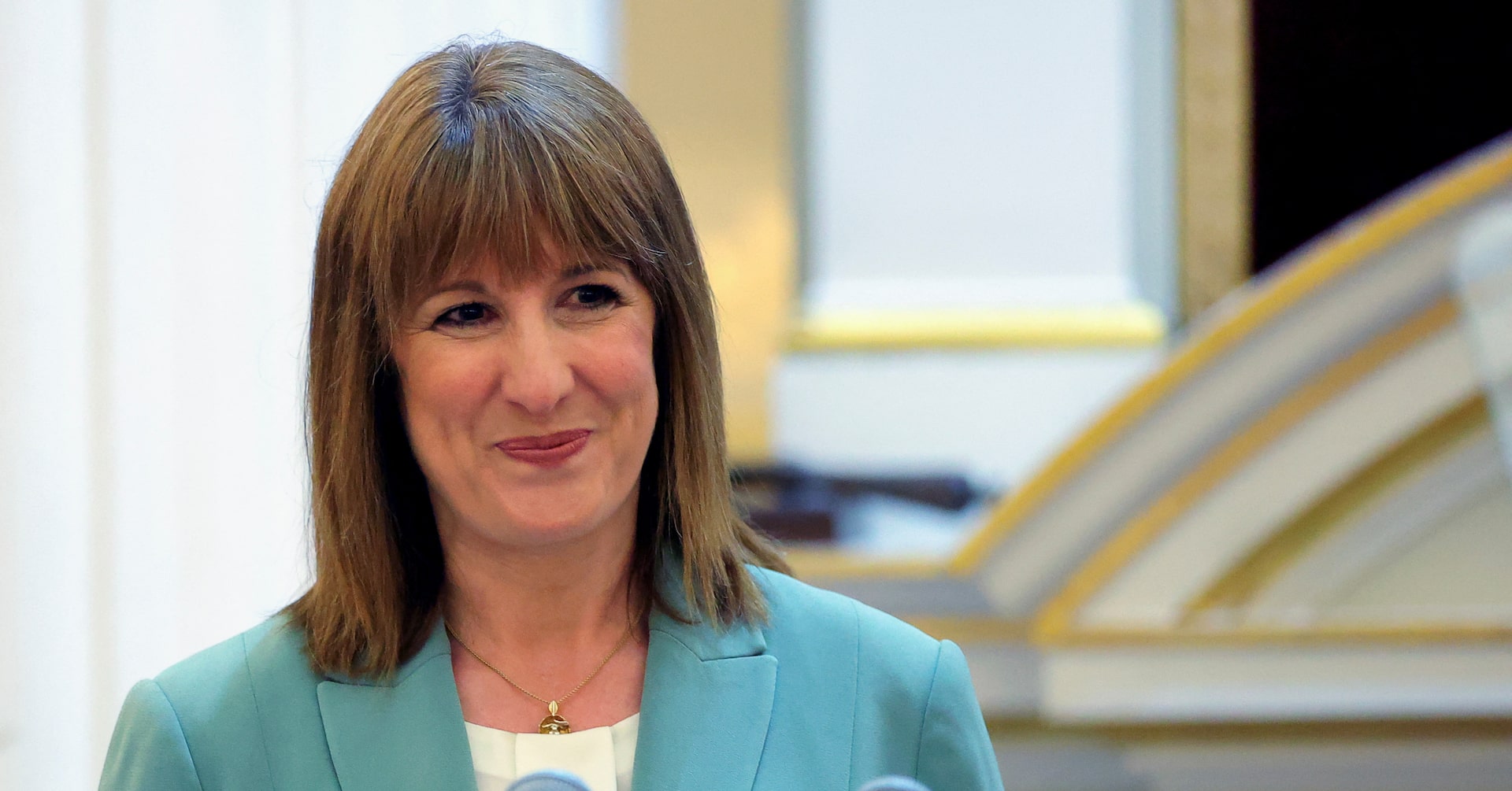Small Business Boost: UK Chancellor Unveils Bold Tax Overhaul to Fuel Entrepreneurial Growth

In a bold move to support small businesses, Britain's finance minister Rachel Reeves has signaled her intention to overhaul the current business rate tax system. Speaking on Thursday, Reeves highlighted plans to introduce reforms that would help entrepreneurs and small enterprises expand more easily by addressing the current challenges of sudden and potentially prohibitive tax rate increases.
The proposed changes aim to remove financial barriers that currently discourage small businesses from opening new premises. By creating a more flexible and supportive tax framework, Reeves hopes to stimulate economic growth and provide greater opportunities for emerging companies to develop and thrive.
The potential reforms would specifically target the abrupt and significant jumps in business rates that can currently act as a significant deterrent to business expansion. By smoothing out these tax transitions, the government seeks to create a more conducive environment for small business growth and economic innovation.








